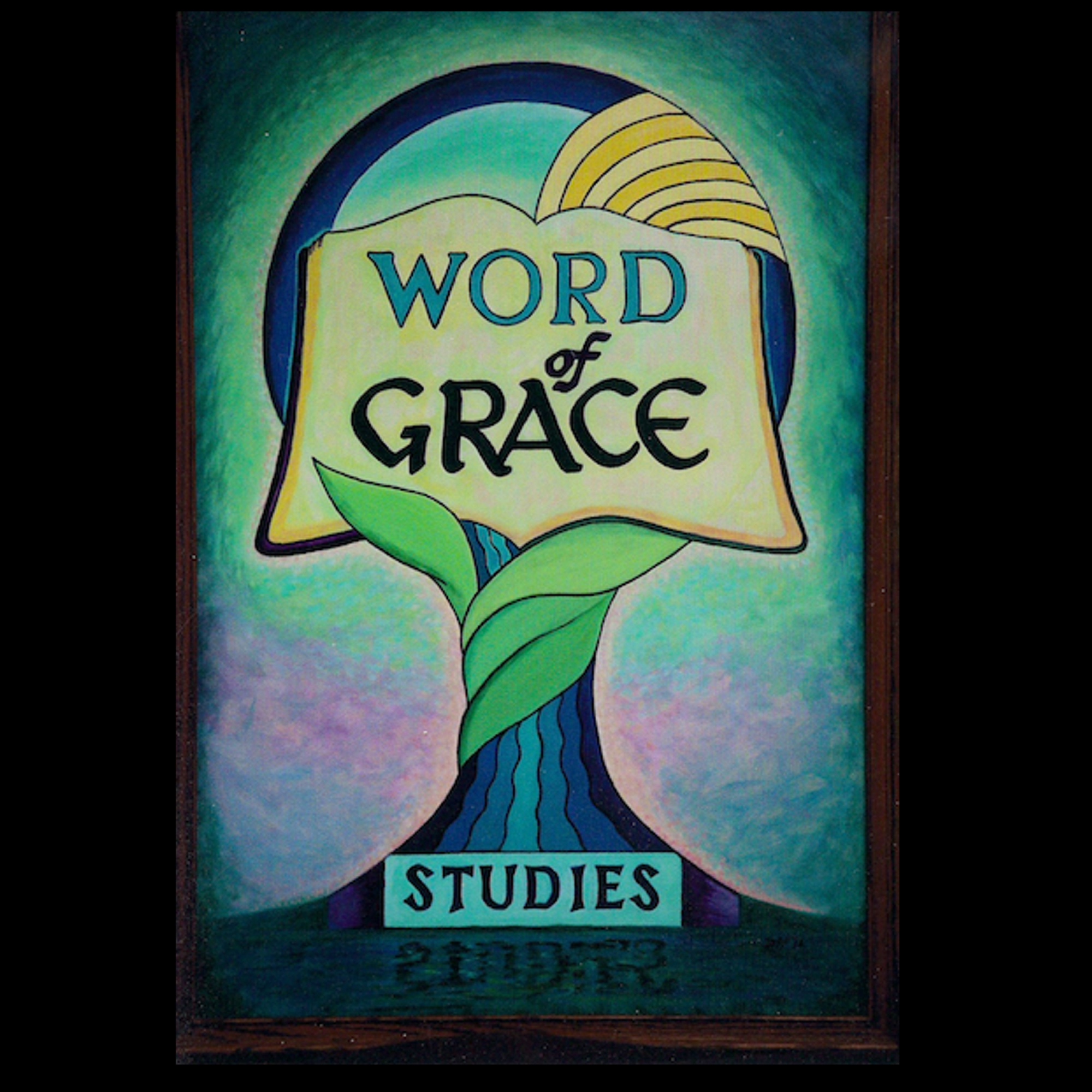The Place of Maturity for all Who are in the Christ
υἱοθεσία (placement of a son) is a word that expresses the cultural concept of when a child has matured enough to no longer be required to be under guardians and stewards, he is placed as a son. While the child is an inarticulate babbler, he is under guardians and stewards until the appointed time of the father. During this time the child does not differ from a slave of the household (Galatians 4:1-2). Although typically used of a mature male child, a mature female child could also hold the position in homes that lacked a son.
This aspect is brought over into the Church because all those who are immersed into the Christ (the new creation God made when He raised Christ), are placed as sons.
… while having marked off our bounds to the placement of sons through Jesus Christ unto Himself, according to the good pleasure of His desirous will, Ephesians 1:5.
The significance of this, is that all who are placed as sons are not under law. Those under law, before faith in Christ came, were kept under guardians and tutors (Galatians 3:23-24). When the fullness of time came, God sent forth His Son, born of a woman, born under law, to redeem those who were under law that they should be placed as sons (Galatians 4:4-5). As members of the Church, we did not receive a spirit of bondage, but one of son placement (Romans 8:15). Therefore, we live out from faith (Romans 1:17), not by law for the law does not require faith (Galatians 3:12). The placement of sons actually belongs to Israel but when they rejected righteousness through Christ God opened it up to the Gentiles who accepted the truth (Romans 9:4).
When […]
